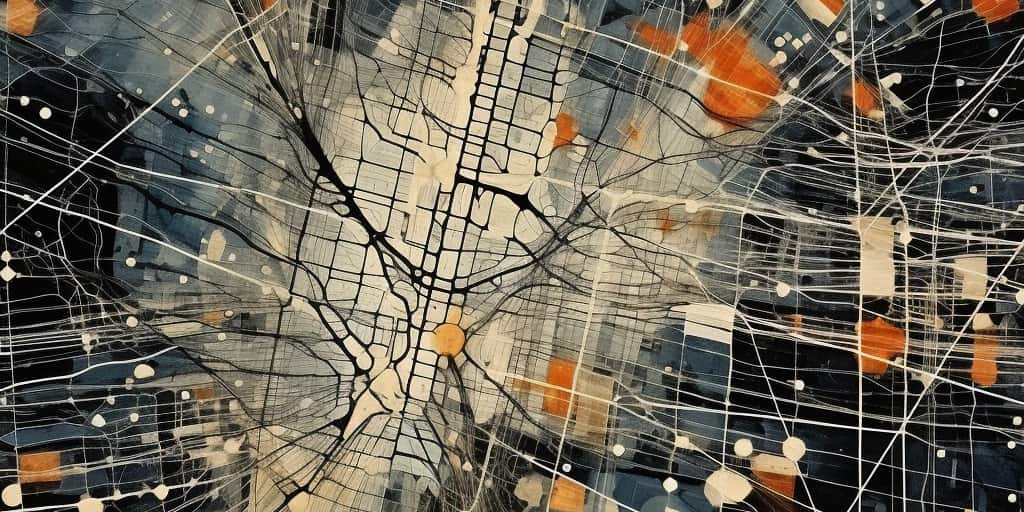In the unending quest to understand and alleviate addiction, there has been a surge of interest in the use of psychedelics for addiction treatment. While the realms of addiction treatment is vast and varied, the application of psychedelics in this realm presents potential complications.
Which Psychedelics Are Used for Addiction Treatment?
The specific psychedelics that have sparked interest in the context of addiction treatment include Psilocybin, Lysergic acid diethylamide (LSD), 3,4-Methylenedioxymethamphetamine (MDMA), and Ayahuasca. Each of these compounds has a unique profile, like different types of stars in the galaxy, each with its own characteristics and potential uses.

Psilocybin — the psychoactive compound found in magic mushrooms, Psilocybin is like a birthplace for new perspectives and understandings in those who ingest it. Studies have indicated that psilocybin can induce profound psychological experiences, which might help break the chains of habitual thinking and behavior patterns associated with addiction.
LSD — LSD offers a strong, long-lasting psychedelic experience. The hypothesis in the context of addiction treatment is that the drug’s potent alteration of consciousness can help individuals gain insights into their addictive behaviors and potentially catalyze lasting change.
MDMA — MDMA, used in controlled therapeutic settings, is being investigated for its potential to reduce the fear response in individuals with PTSD, which is often co-morbid with substance abuse. It may aid patients in processing trauma, which is thought to be a key contributor to addiction.
Ayahuasca — a psychoactive brew from the Amazon, it carries users through a stream of consciousness that can be tumultuous or serene. Practitioners claim it can lead to self-realization and emotional healing, which may confront the psychological underpinnings of addiction.
What these psychedelics are supposed to accomplish in the realm of addiction treatment is to take us further than we’ve gone before, to explore uncharted territories, and to return with new knowledge.
They are believed to offer a psychological reset, a reconfiguration of the neural networks, much like a reboot of a computer that’s been led astray by a virus. The goal is to foster a psychological environment where individuals can explore their minds and emotions from a different vantage point, to see their addiction from the outside looking in, and, in the ideal scenario, to find a new path forward that doesn’t involve the substances to which they’re addicted.
The Gravity of Decision: Evaluating Psychedelics for Addiction Treatment with Caution
Any medical or psychological treatment must go through rigorous scrutiny and relentless testing. Our current fascination with psychedelics for addiction treatment must be tempered by scientific rigor. Anecdotal reports of life-altering trips that redirect the course of addiction, while inspiring, are not the bedrock upon which we should build medical practice.
The question remains: Do we have enough evidence to support the broad application of psychedelics for addiction treatment? Or are we hoping for the quick fix?
Consider, for instance, the varied and unpredictable nature of psychedelic experiences. For every individual reporting a transcendental journey that helped them overcome addiction, there could be five who encounter a psychological disaster, emerging with more scars than insights.
The Big Unknown: The Uncharted Territory of Psychedelics for Addiction Treatment
In chemical dependencies, addiction is an issue that includes behavioral, physiological, and psychological factors. The therapeutic employment of psychedelics for addiction treatment brings has made some feel hopeful, touting the potential to revolutionize recovery. But let us pause and ponder.
Psychedelics, substances such as LSD, psilocybin, and MDMA, have shown in early studies to facilitate profound, almost celestial experiences that could alter the psyche’s landscape. However, our understanding of the interactions between these substances and the human mind remains in a kind of uncertainty. Here’s some things to think about:
- Safety and Side Effects: The psychological terrain navigated under the influence of psychedelics can be treacherous. Adverse effects may include anxiety, panic, and even enduring perceptual changes, not unlike the vast, unpredictable expanse of space itself.
- Lack of Data: We must acknowledge the temporal limitations of our understanding. Long-term studies of the efficacy and safety of psychedelics are as scarce.
- Individual Variability: Each person’s psychology is unique, and so is their reaction to psychedelics. What may be a healing journey for one may be a distressing odyssey for another.
- Legal and Ethical Constraints: The legal status of many psychedelics remains firmly grounded in restrictive legislation, making their therapeutic use a complex legal endeavor.
A Cautious Approach to Psychedelics for Addiction Treatment
Just as we must exercise caution when delving into any unknown, we must also tread lightly when proposing psychedelics for addiction treatment. This is not to dismiss the potential of these substances. Our understanding is ever-expanding, and so too could be our therapeutic arsenal. But our approach to integrating psychedelics into addiction treatment must be methodical, evidence-based, and patient-centric.
Investigating the potential of psychedelics in treating addiction requires a commitment to scientific principles and ethical considerations. It demands randomized controlled trials, large sample sizes, and the replication of results. It necessitates an understanding of not only the biochemistry of addiction but also the psychology of the addicted mind.
Find Trusted Addiction Treatment in Arkansas
When it comes to traversing the landscape of addiction, placing your trust in evidence-based, proven addiction treatment from experienced professionals is paramount.
At EagleCrest Recovery, there is an unyielding dedication to what works — treatments that have been tested and validated, therapies that are endorsed by empirical research, and a continuum of care that is continually refined through the lens of outcomes and efficacy.
This is where cutting-edge meets caring, where innovative treatment strategies are delivered with compassion and care.
If you are looking for addiction treatment for yourself or a loved one, take the decisive step toward brighter possibilities by calling (844) 439-7627 today.


